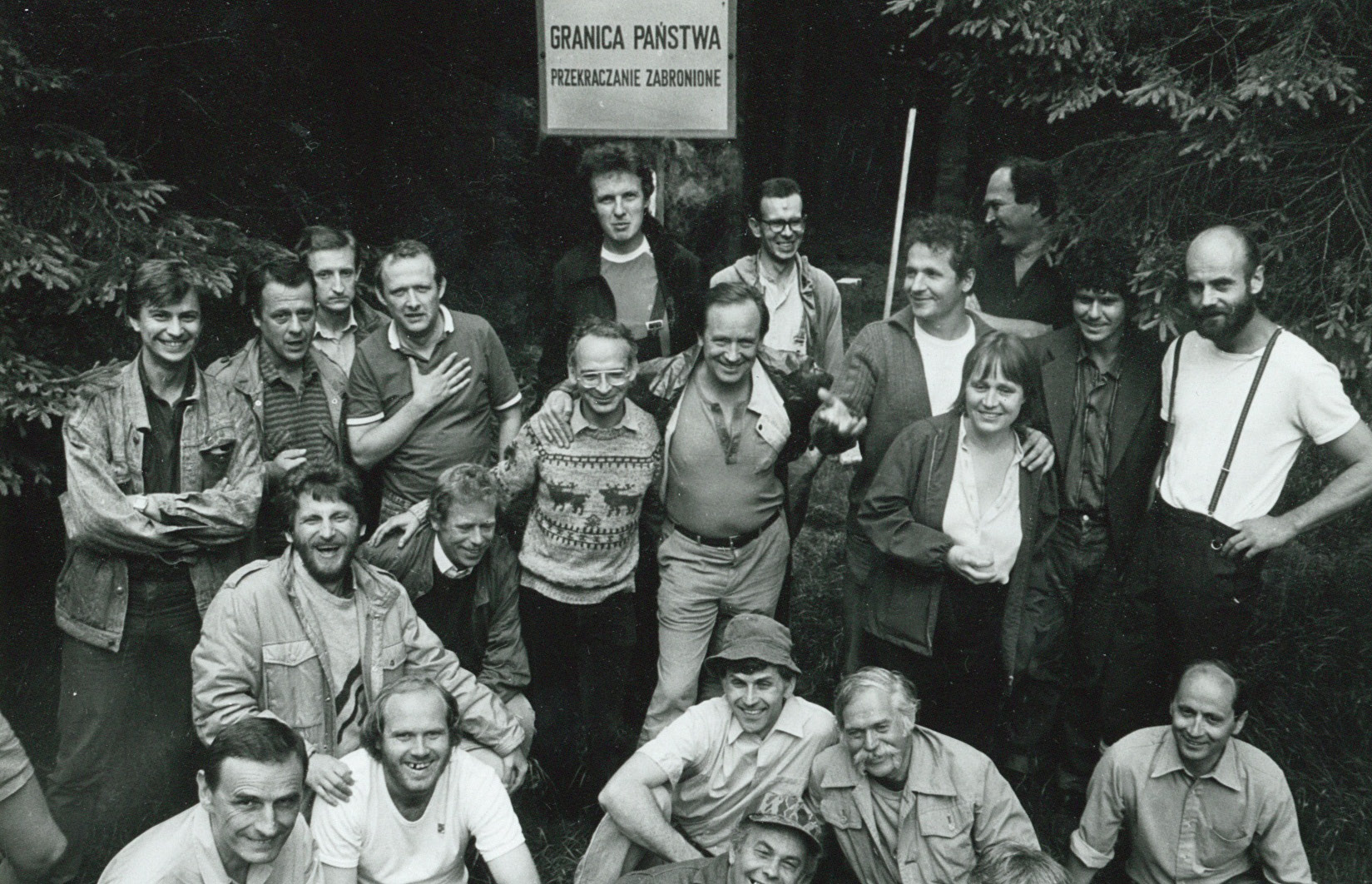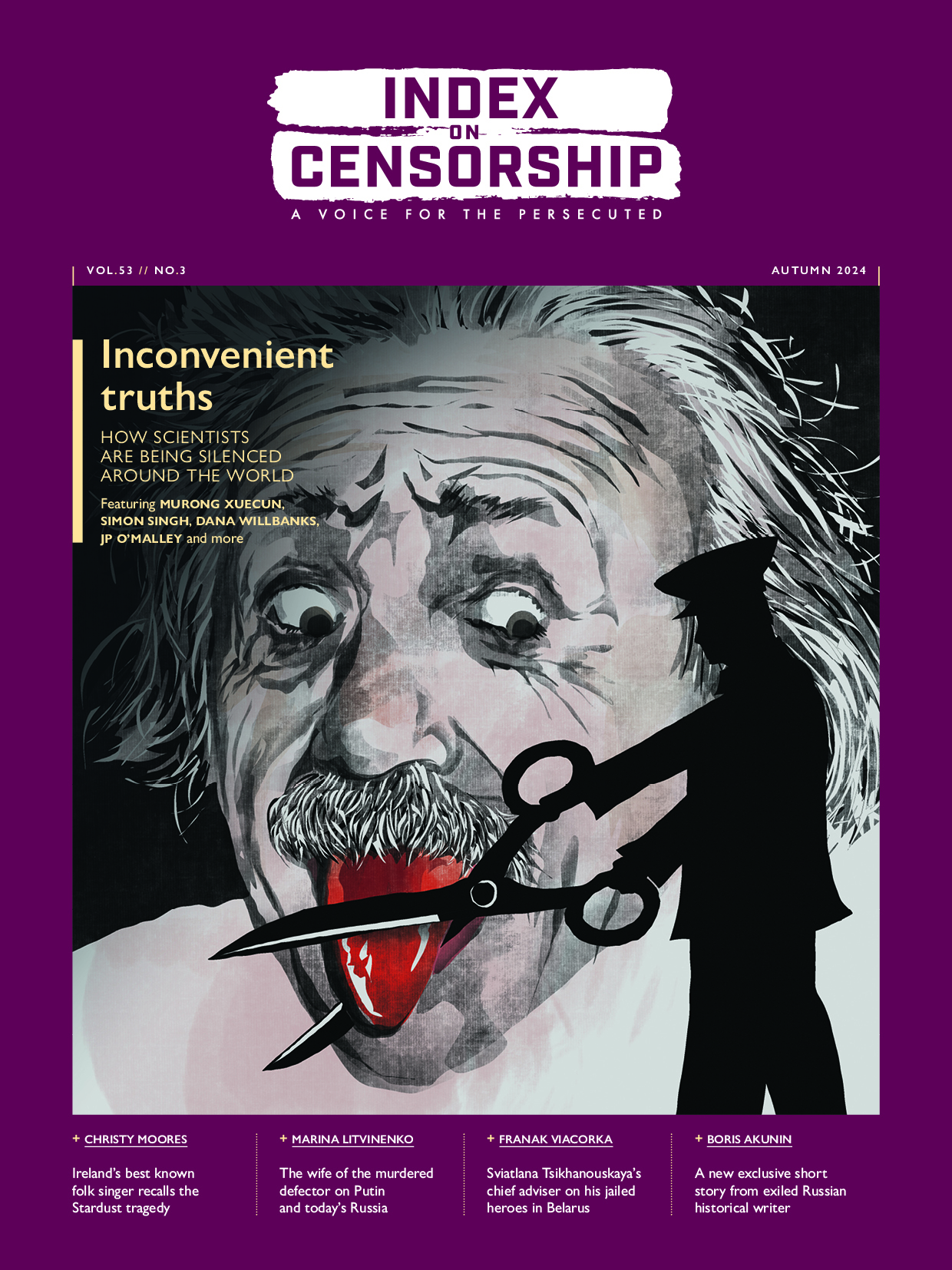The theme of Holocaust Memorial Day this year is ordinary people. Words have power and their meaning changes with context – and in the context of the Holocaust the word ordinary is one that brings conflicted emotions. Those killed were indeed ordinary people who happened to be different, Jewish, gay, Roma, disabled, trade unionists and political dissenters. Many of those that killed them probably started as ordinary people who believed the propaganda that inspired hate and murder. Those that intervened to save them were ordinary people with an incredible value set that demanded in many cases that they risked their lives to save people that they barely knew.
In the run up to Holocaust Memorial Day I had the privilege of hearing the testimony of Janine Webber, a Holocaust survivor who lost huge swathes of her family. There is nothing quite so stark and shocking as hearing first-hand the stories of those people who were confronted with the ultimate evil. Janine survived the ghetto and was hidden and betrayed several times, eventually finding sanctuary in a convent and then with an elderly Polish family. She was saved by ordinary people and betrayed by ordinary people and before this happened to her she was an ordinary little girl in Poland. But in the course of four years she lost her parents, her brother and all of her extended family – the only other surviving members of her family were her aunt and an uncle. Her story will stay with me – and everyone else who heard her testimony – for as long as we live.
The question that has stuck with me since I had the privilege of listening to Janine, is what happens when she is sadly no longer with us. When the survivors are no longer with us to challenge those people who seek to deny or distort the facts of the Holocaust? The onus is on all of us to tell their stories and to shine a light on the lies and misinformation spouted by political extremists who seek to use one of the worst chapters in human history as a political football.
Last week the British House of Lords held its first debate to mark Holocaust Memorial Day. As a new member of the Lords, it was my privilege and responsibility to contribute to the debate. You can read my speech here.
Speaking about such an important topic in a national legislature is not something that anyone would or should take lightly, it was politics at its best – informed, considered and heartfelt.
The debate has made me think repeatedly about the fundamental importance of our core human rights and how we have to cherish and protect them. I can write this blog today because I have a guaranteed right, under British law, to express myself and articulate my opinions. Tyrants and dictators, always, as one of their earliest actions, seek to restrict a free media, undermine academic freedoms, remove books from libraries, and silence their critics. Index exists to provide a platform to those being silenced and we always will – but we also provide a voice to those who seek to tell truth to power, who seek to challenge misinformation, who stand against tyranny. We have for the last fifty years and we will for the next fifty.





